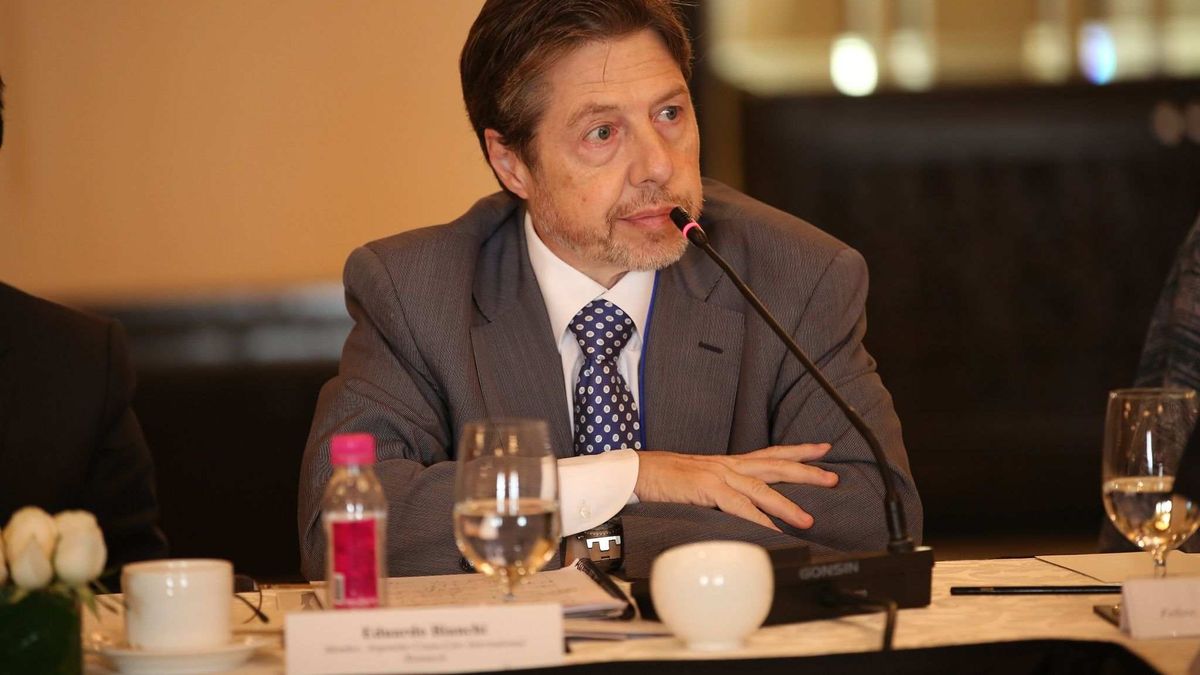The thirteenth WTO Ministerial Conference, to be held in 2024, is an important opportunity to propose and negotiate the elimination of various non-tariff barriers and thus strengthen the multilateral trading system.
Currently, the world economy is going through multiple crises. In several countries, high rates of inflation and external debt are recorded. The war in Ukraine, climate change, high food and energy prices, as well as related ramifications of the persistent COVID pandemic, are impacting the global economy. Military hostilities in the Middle East also add uncertainty to the global economy.
The content you want to access is exclusive to subscribers.
As a backdrop, international trade continues to grow at low rates. Thus, in 2023 the volume of merchandise trade grew 0.8% compared to the previous year, estimating an increase of 3.3% for the year 2024. There are signs that international trade is being reoriented in accordance with geopolitical interests, including a decrease in the participation of parts and components in world trade and an increase in trade between countries that are on the same ideological line. In the International Business Specialization of the Argentine Business School University, all these tensions that have caused disruptions in global value chains are worked on, despite the fact that many countries have increased the search for ways to develop greater resilience to these effects and diversify. their commercial networks.


In this context, according to reports from the World Trade Organization (WTO), which among its functions includes monitoring non-tariff measures, in 2023 the G20 countries continued to introduce trade restrictive measures. It is worth remembering that, during the economic and financial crisis of 2007-2008, the G20 countries, among which are the richest countries in the world, began to apply non-tariff measures of all kinds. The stock of restrictive measures on imports implemented from 2009 to date currently affects a trade amount of 246 billion dollars, representing 11.8% of the total imports of the G20 countries. An important proportion for developed countries that preach free trade.
Among the main non-tariff measures imposed by G-20 countries are trade remedy measures. They include antidumping and countervailing duty measures that aim, respectively, to compensate for dumping (when a good is introduced into a market at a price lower than the domestic market) and subsidy (contributions from governments to specific sectors). In the practice of international trade, both measures that aim to protect the national industry are intended to eliminate what is considered unfair trade. These two measures are completed by safeguards, which are exceptional instruments designed to restrict all imports of a product because they cause serious damage to the national industry. These measures, also called trade defense, require an investigation by the enforcement authority that can last around a year. For its part, the protection obtained by the national industry can last up to five years, with the possibility of renewal.
In recent years there have been fluctuations in the number of trade remedy measures imposed by G20 countries. In the case of the COVID pandemic and the Ukraine war, G20 countries focused on the resilience of their supply chains, ensuring that their territories remained accessible for a wide range of products, so the use of these measures were reduced. However, recently, inflation, high interest rates and large external debts have impacted the price of imports, leading to a significant increase in the use of anti-dumping measures, countervailing duties and safeguards.
Restrictions on exports of food and fertilizers are other measures adopted by the G20 countries. The WTO currently estimates that the trade affected by these measures is $29.6 billion. Export restrictions, when applied by large countries with respect to the world market, lead to increases in the international prices of the products in question. According to economic theory, these measures are harmful, even for the countries that apply them, and are inferior to measures that aim to subsidize demand rather than restrict supply.
As described, then, the world’s richest countries apply trade restrictive measures when their national industries require protection from imports, whether they enter on unfair terms or even on fair terms. This evidence demonstrates that indiscriminate and unilateral trade openings must be calibrated and should not be applied naively. In practice, it seems better to open trade through the negotiation of trade agreements, in which the participating countries can achieve the elimination or reduction of tariff barriers and also non-tariff barriers.
At the multilateral levelthe thirteenth WTO Ministerial Conference to be held in 2024, is an important opportunity to propose and negotiate the elimination of various non-tariff barriers and thus invigorate the multilateral trading system.
Professor of International Business and Finance Specializations University Argentine Business School
Source: Ambito




